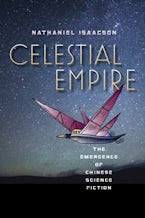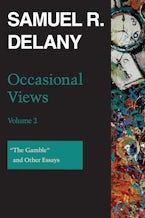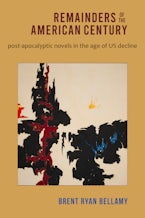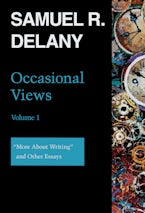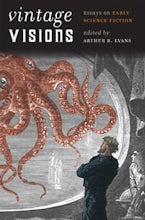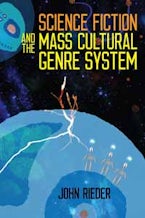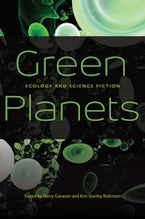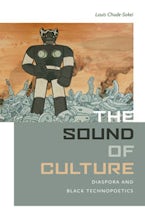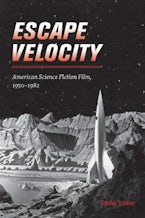- Home
- Early Classics of Science Fiction
- literary criticism
- Castaway Tales
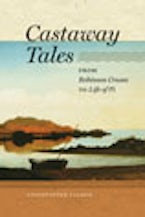
Castaway Tales
From Robinson Crusoe to Life of Pi
Series: Early Classics of Science Fiction
Sales Date: 2016-05-10
A wide-ranging and appreciative literary history of the castaway tale from Defoe to the present
Ever since Robinson Crusoe washed ashore, the castaway story has survived and prospered, inspiring a multitude of writers of adventure fiction to imitate and adapt its mythic elements. In his brilliant critical study of this popular genre, Christopher Palmer traces the castaway tales' history and changes through periods of settlement, violence, and reconciliation, and across genres and languages. Showing how subsequent authors have parodied or inverted the castaway tale, Palmer concentrates on the period following H. G. Wells's The Island of Dr. Moreau. These much darker visions are seen in later novels including William Golding's Lord of the Flies, J. G. Ballard's Concrete Island, and Iain Banks's The Wasp Factory. In these and other variations, the castaway becomes a cannibal, the castaway's island is relocated to center of London, female castaways mock the traditional masculinity of the original Crusoe, or Friday ceases to be a biddable servant. By the mid-twentieth century, the castaway tale has plunged into violence and madness, only to see it return in young adult novels—such as Scott O'Dell's Island of the Blue Dolphins and Terry Pratchett's Nation—to the buoyancy and optimism of the original. The result is a fascinating series of revisions of violence and pessimism, but also reconciliation.
Contents
Acknowledgments
Introduction
PART 1: SETTLEMENT
The Sea Captain and the Perfect Mango: Revision and Parody in Castaway Narratives
The Swiss Family Robinson to The Mysterious Island and Beyond: Vicissitudes of the Crusoe Template
PART 2: VIOLENCE
Moreau and Its Progeny: Abstraction and Violence
Successors of Moreau: Madness and Cannibalism
PART 3: RECONCILIATION
Always Another Island: Females and Fridays
Recent Children's Novels: Recognizing Indigeneity, Facing Death
Recent Science Fiction Novels: Science Reaffirmed, Nature Rethought
Conclusion: Living Phenomena
Notes
Bibliography
Index
CHRISTOPHER PALMER is a former associate professor of English at La Trobe University in Melbourne, Australia. He is the author of Philip K. Dick: Exhilaration and Terror of the Postmodern and his essays have appeared in Science Fiction Studies and Extrapolation.
"Castaway Tales is an important anatomy of a tradition of which we have all been long aware ... but which we have not before seen explored in such a provocative and insightful manner."
~Gary K. Wolfe, Science Fiction Studies
""Castaway Tales is an important anatomy of a tradition of which we have all been long aware but which we have not before seen explored in such a provocative and insightful manner.""
~Gary K. Wolfe, Science Fiction Studies
""[T]he book's value lies in the detailed analysis of poetry and fiction that parodies, inverts, or otherwise reworks various tropes that he contends hearken back thoughtfully examining a host of mostly 20th- and 21st-century primary sources that have received only minimal critical coverage.""
~D.C. Maus, Choice
"This is a wonderful book, which in effect identifies a genre of fiction that has always been there straddling several other genres, and is now here revealed by Palmer in all its glory. His analysis is insightful and entertaining."
~Kim Stanley Robinson, New York Times best-selling author of Aurora and 2312
"Intelligent and inventive, Castaway Tales delivers superb readings of familiar texts and contemporary variants. The castaway myth is still fresh and Palmer's study is impressive in its historical breadth and literary range.""
~John Rieder, author of Colonialism and the Emergence of Science Fiction

